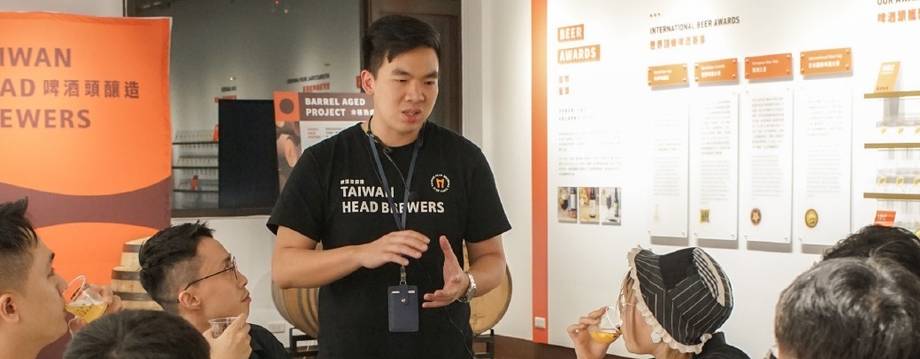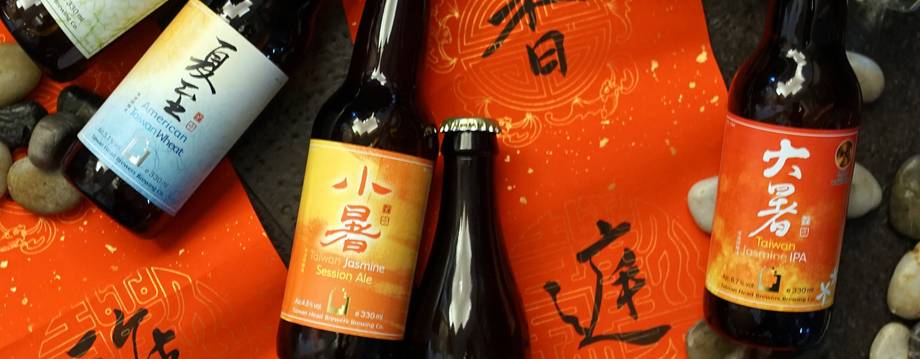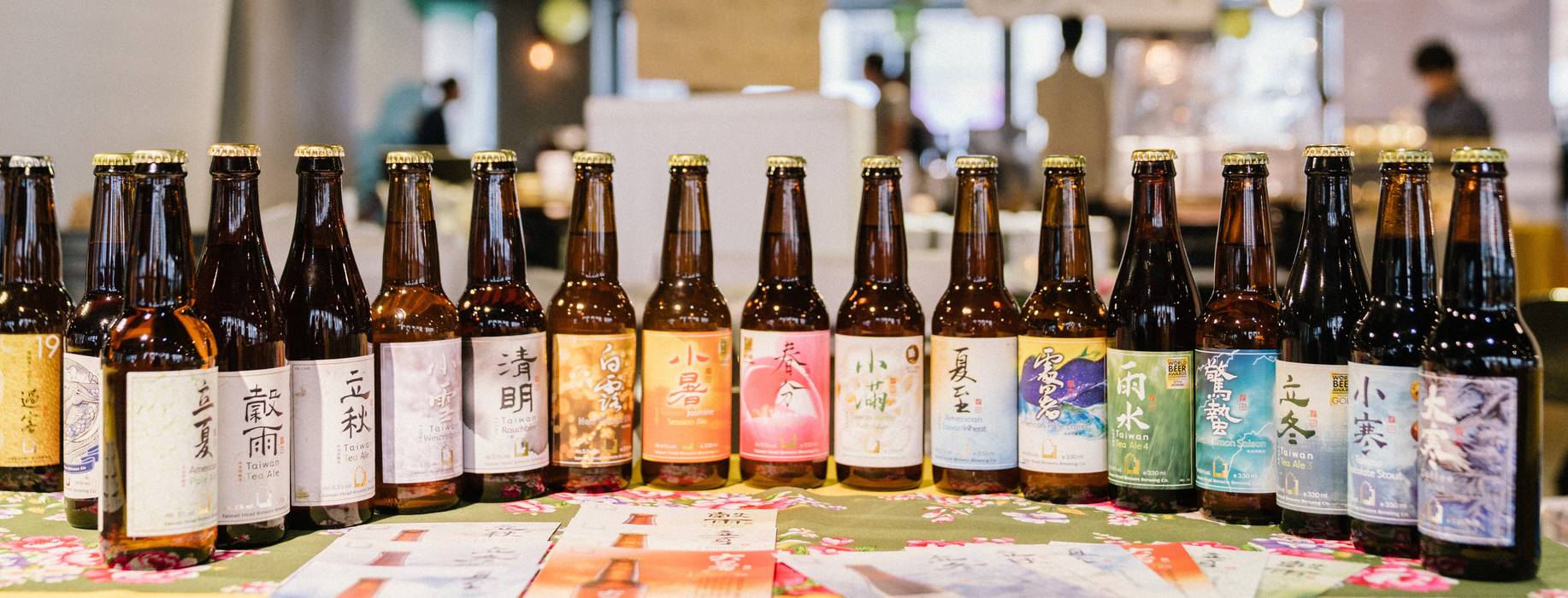Head of steam
A Q&A with Leo Yeh, co-founder and head brewer at Taiwan Head Brewers, the first privately owned brewery in Taiwan to be certified as a tourist destination
Robyn Gilmour
Photos:
Taiwan Head Brewers
Saturday 31 May 2025

This article is from
Taiwan
issue 118
Share this article
Robyn Gilmour: How and when did Taiwan Head Brewers get started?
Leo Yeh: We launched in 2015 with the mission to craft beers inspired by Taiwanese ingredients and culture. Our goal was to create brews with depth and identity — a new voice for Asian craft beer.
RG: Have operations changed since then?
LY: We've grown from small-batch experimental brewing to operating a full-scale, export-ready facility with in-house R&D and contract brewing capabilities. Our agility has become our strength.
RG: What kind of beer does the brewery produce and from where does it take inspiration?
LY: Our core series is based on the 24 solar terms of the traditional East Asian calendar. We use local fruits, tea, and spices to express the flavours of Taiwan's seasons.
RG: Taiwan Head Brewers was the first “tourist brewery” in Taiwan. What does that mean?
LY: Government-run breweries offered tourism before, but we were the first privately owned brewery officially certified as a tourist destination. We host guided tours and tastings to build deeper connections with our audience.

RG: Why was it important to you to be able to host visitors and what role do you see education playing in the development of Taiwan's craft beer industry?
LY: Education is essential. When people experience ingredients, processes, and stories firsthand, they gain appreciation for the craft. It's how we grow both awareness and community.
RG: Taiwan Head Brewers has beautiful label artwork. What was the inspiration behind the brand's design?
LY: We work with our in-house designer, who fully understands our concept. Our labels reflect Taiwan's culture and natural beauty — using illustration to tell seasonal stories and highlight local identity.
RG: What is the biggest challenge of working within the Taiwanese market?
LY: High alcohol taxes, limited retail access, and intense price competition are all major hurdles. On top of that, Taiwan doesn't produce brewing ingredients like malt or hops — everything must be imported, increasing our costs.

RG: What are its advantages?
LY: Taiwanese consumers are adventurous and creative. Coupled with our strong culinary culture, this allows us to develop beers that pair beautifully with local cuisine and seasonal ingredients.
RG: What are your hopes for the future of the brewery?
LY: We hope to be recognized as a leading voice in Asian craft beer. We aim to create beers that leave a lasting impression globally, while building more international collaborations and cultural bridges.
RG: In an ideal world, what would the Taiwanese craft beer scene look like in 10 years?
LY: Taiwan could become a hub for Asian craft brewing — known not just for quality, but also creativity. We hope craft beer becomes a natural part of daily life, like coffee or tea, deeply embedded in lifestyle and culture.
RG: Is there anything you would change about drinking culture in Taiwan?
LY: We’d love to see a shift from drinking to get drunk, toward drinking for enjoyment — exploring flavour, understanding craft, and celebrating beer as a form of culture and expression.
Share this article

